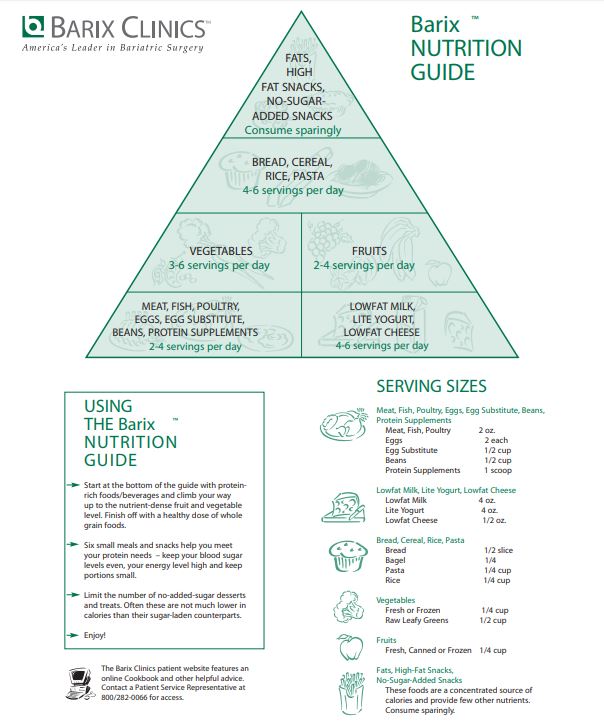Is Gluten Free Right for You?
There are a lot of claims about the benefits to following a gluten free diet including improved health, weight loss, enhanced athletic performance, reduction in fibromyalgia symptoms, behavior improvements in autism, and increased energy. Many people are giving the diet a try. Scientific studies, the limited number that have been done, have shown mixed results of benefits for those without a gluten-related medical condition. If you’ve considered jumping on the gluten free bandwagon, read on and get the scoop.
Download Healthful Tips: Is Gluten Free Right for You?
What to Consider
Because a wide range of foods contain gluten, eliminating gluten from your diet may also limit your intake of healthy nutrients. It’s important to find other foods that can replace these nutrients. Gluten containing whole-grain bread, for example, is a source of iron, calcium, fiber, thiamin, riboflavin, niacin, and folate. Gluten-free breads, made from grains that do not contain gluten, are a good substitute.
Gluten-free prepared foods are expensive and are often 2-4x the cost of the gluten containing food they are replacing. Read labels carefully, gluten free doesn’t mean that it is low in calories, sugar, sodium or fat.
A truly gluten free diet is quite restrictive. It requires the elimination of a wide range of foods from bread to soy sauce, soups, broths, ketchup, even some medications and vitamins.
Avoiding Gluten for Medical Reasons
A gluten free diet is essential for managing celiac disease, gluten sensitivity, and other medical conditions associated with gluten.
- Celiac disease is an autoimmune disorder in which gluten triggers harmful immune system activity. The lining of the small intestine becomes damaged; limiting the absorption of nutrients from food. Symptoms include abdominal pain, joint pain, bloating, diarrhea, constipation, heartburn, “foggy brain,” rash, bone loss, fatigue, weight loss, cramping, itching, and headaches. Celiac disease affects about 1% of the population and is diagnosed with a blood test, followed with an intestinal biopsy for confirmation.
- Non-celiac gluten sensitivity (NCGS) causes some of the same signs and symptoms as celiac disease, but does not cause damage to the small intestine. NCGS is estimated to affect 5-15% of the population; a significant increase in the last 50 years. Possible reasons for the increase include:
- An increased awareness of the problem.
- Agricultural changes that have increased the protein content of grains.
- Other, not yet identified, causes.
Gluten ataxia is an autoimmune disorder affecting muscle control and voluntary muscle movement.
The Barix Clinics Food Guide
If you’re looking for a diet plan that promotes good health, we’ve got one for you. The Barix Nutrition Guide recommends a diet of fresh unprocessed foods. The balanced diet is built on a foundation of protein-rich foods topped with with a variety of vegetables and fruits. A small amount of whole grain foods contribute fiber and an array of b-vitamins to round out the diet.
Those with a medical reason to eliminate gluten from the diet could follow this plan by using gluten-free grains.
Bottom Line
If you’re experiencing some of the symptoms associated with gluten intolerance and want to give the gluten-free diet a try, be sure to monitor your intake of important nutrients. Use a food app to track vitamins and minerals and then engage the help of a dietitian, if needed, to find wholesome replacements for nutrients intakes that are low.
If you don’t have symptoms or a medical reason to eliminate gluten from your diet, it’s probably not worth the effort. You may find that you’re limiting your food choices and spending extra money without reaping any benefit.






